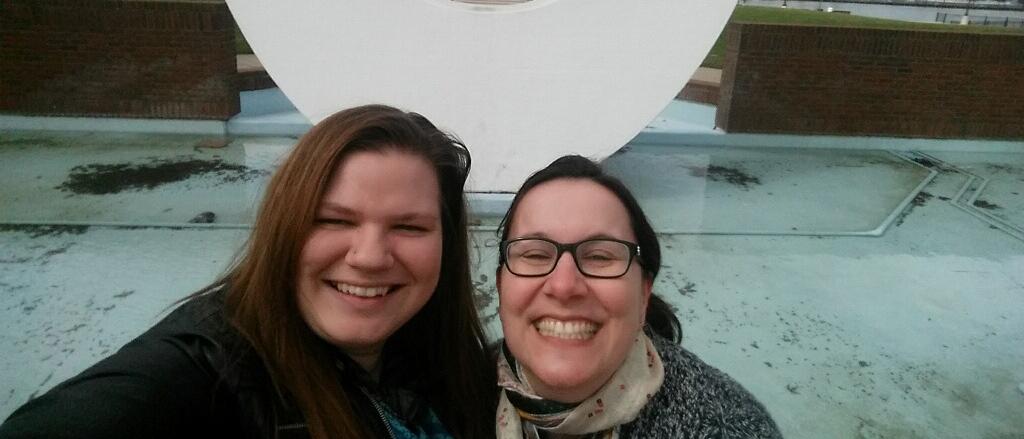Michigan Tech’s Department of Humanities, held the first edition of its 2016/17 academic year’s Rhetoric, Theory and Culture Colloquium series last Friday, Oct. 14 at the Great Lakes Research Center, Room 203. The event was attended by graduate students, professors and some friends of the department. Dr. Scott Marratto, the Director of the RTC Graduate Program chaired the event.
In his opening address Marratto looked delighted to see the continuation of the department’s academic tradition of supporting its members in the development of their various research interests. According to Marratto the series was established to “create a platform for faculty and students to discuss their current researches and offer comments that would be useful to the development of scholarship in their fields.” Two papers were presented in this edition of the RTC colloquium series. The first presentation was on “Slaughter, Art, and
Tofu: the rhetorical ecologies of the pig.” The presenter was Silke Feltz, a third year PhD student and a composition coordinator of the department. In her presentation, Feltz claimed that the treatment of animals, using pig as a case, is unjustifiably cruel and that the use of rhetorical ecologies could reverse the trend. She said in her presentation that “advertisers have created an image for pig that makes the animal become a victim of social constructions. It has become a delicacy because society made it to be so through rhetorical constructions.” In the same way “society can use counter-rhetoric to save the animal from the cruelty that is currently visited on it.” In other words, Feltz uses the presentation to propose a provegan ideology using the same tools that advertisers use to constrain animals into victimhood. Kimberley Tweedale, a third year PhD student and a composition coordinator of the department, was the second presenter. Her topic was “Rhetorical ecologies: Writing Program Administration Outcomes Statement”. She criticized the WPA Outcomes Statement for First-Year Composition, adopted July 17, 2014 for U.S. postsecondary education, about its lack of consistent emphasis on rhetoric as an inalienable technique in writing.
According to Tweedale “the outcome statement sees rhetoric as knowledge that must be acquired for its own sake, but not for its useful application throughout the writing culture” outside of the writing classroom. Although she says her research is still in progress, she postulates that “the present posture on rhetoric as knowledge downplays its role and significance.” She advocates that writing program administrators rethink rhetoric in the composition classroom as a skill rather than as knowledge. Commenting on the presentations, Dr. Abraham Romney, Assistant Professor of Rhetoric and Composition, acclaimed the depth of the research presented. He was positive that the final versions of the presentations will be well received by the academic community interested in the field of rhetoric. Dr. Dana Van Kooy, an Assistant Professor of Literature also suggested, among other things, that the marketization of animals should also be discussed in connection with capitalism, as capitalism is the driver of consumerism. Professor Karla Kitalong, the Director of Scientific and Technical Communication also said composition programs are expanding in the United States hence the relevance of Tweedale’s research which will be important in curriculum designs. One of the attendees, Emma Lozon, a first year master student, expressed satisfaction with the event, especially with how the presenters handled their topics from varied theoretical viewpoints.


